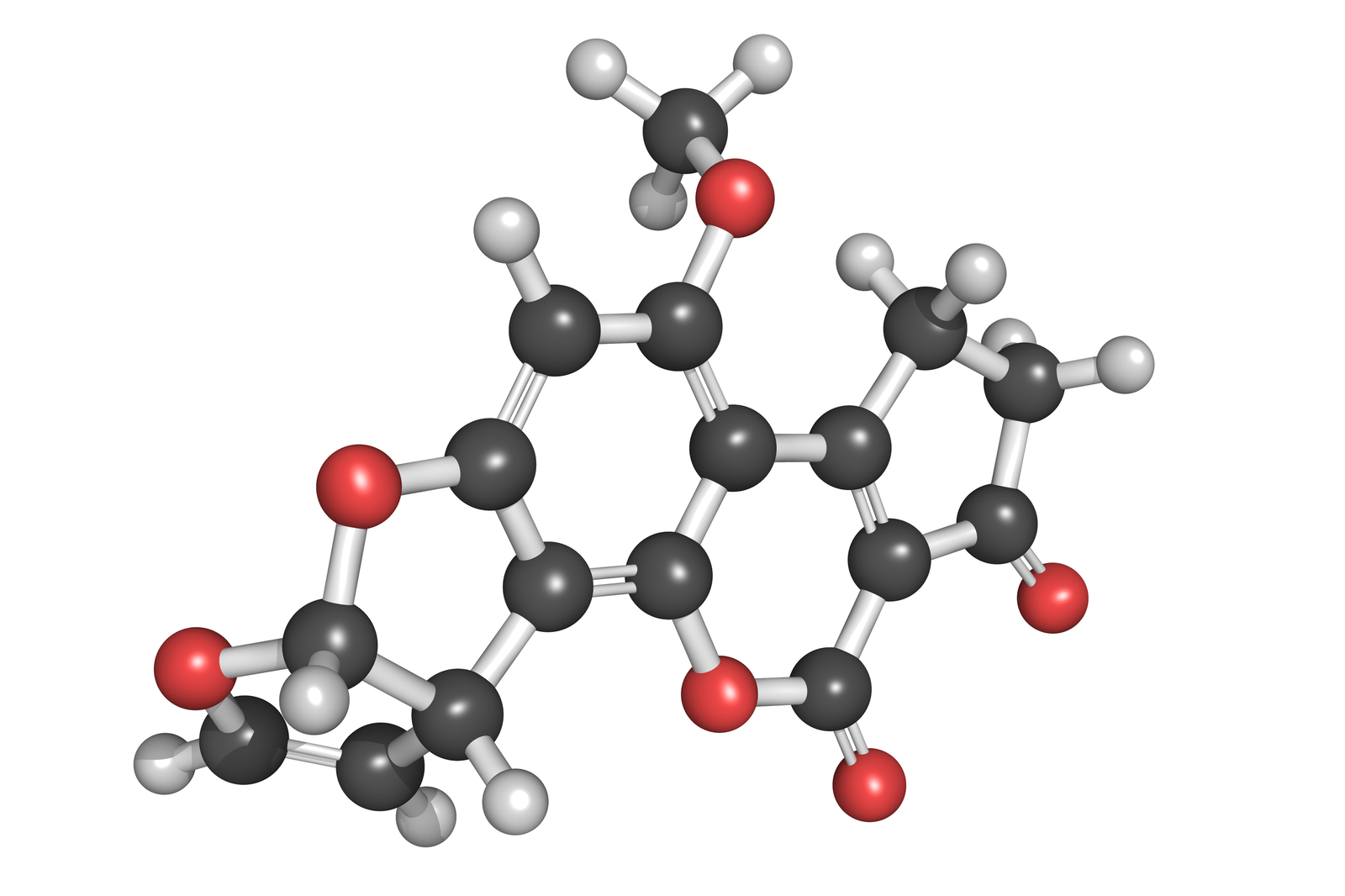First phase aflatoxin proficiency testing done

In 2015, to help build the capability of animal feed safety laboratories, a global aflatoxin proficiency testing programme was launched by FAO and Texas A&M as part of their ongoing collaboration.
A call for labs last year resulted in 90 laboratories, which received aflatoxin proficiency samples and a total of 84 laboratories submitted data through the programme’s electronic porthole on the Aflatoxin Proficiency Testing and Control in Africa, Asia, Americas and Europe (APTECA) website.
Data gathered from 5 continents
The data were summarised using a format described in the International Standards Organization (ISO) criteria for proficiency testing programmes. The report included an assigned value and variability for the proficiency testing material, the actual composite results and variability of the participating laboratories and individual lab scores. The programme preserves the anonymity of the participants, who ranged from government to private labs from 5 continents.
Global aflatoxin measurement
Results showed that data from 96% of the laboratories were acceptable, 2 lab results were eliminated as outliers and 1 was eliminated as a result of high intra-lab variability. The participant mean results were slightly higher (4 parts per billion) than the assigned value and the average variability of the test results were double that of the proficiency provider’s homogeneity test results. These are both indicators that the proficiency programme successful met criteria for a proficiency testing programme. “This provides a representative picture of the global capability to measure aflatoxin,” according to Tim Herrman, the Texas A&M coordinator and proficiency testing provider.
2 rounds of proficiency testing to be performed during 2016
The second round will start in July. This is to follow up the progress made by the laboratories as a result of outcome of Phase I. In the meantime, Texas A&M is working to refine the reporting system to include graphical presentation of the results to facilitate interpretation. Already ISO 17025 accredited, the proficiency provider (Office of the Texas State Chemist) will be pursuing accreditation under several more ISO standards including the General Requirements for Proficiency Testing and General Requirements for the Competence of Reference Material Providers.
“This FAO-TAMU proficiency testing programme is part of a thrust to continually improve the quality of feed testing laboratory results,” according to Herrman who is the Texas State Chemist and Director of the Office of the Texas State Chemist.











